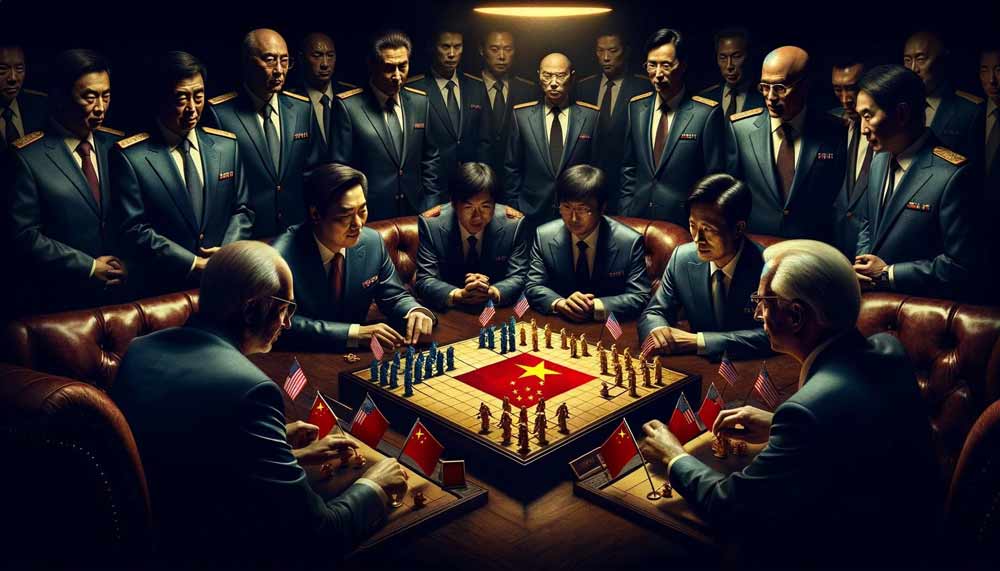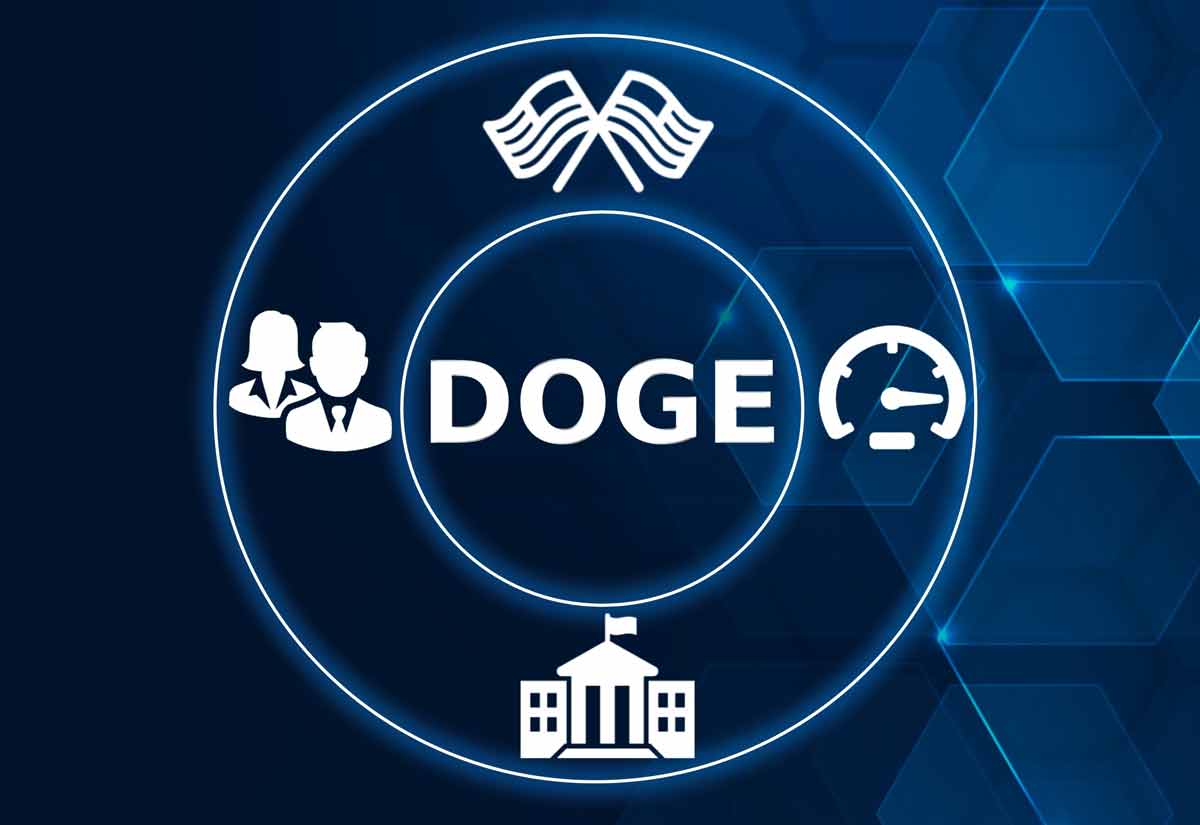In recent years, the United States has intensified its efforts to restrict the operations of Chinese technology companies within its borders, citing national security concerns. However, a recent Wall Street Journal article reveals that many of these firms are finding creative ways to circumvent the crackdowns and maintain their presence in the lucrative American market.
Rebranding and Restructuring: The China Strategies Employed
One of the most common tactics used by Chinese companies facing U.S. sanctions is to set up subsidiaries or affiliates with different names. For example, Hesai Group, a China-based lidar maker labeled as a security concern by the U.S., recently registered a new company called American Lidar in Michigan. This move could allow Hesai to continue doing business with the big three U.S. automakers despite being on a Pentagon list designating it as a Chinese military entity.
“In December, a new company registered in Michigan: American Lidar. Its planned home would be an easy drive from the big three U.S. automakers. The company behind American Lidar, not mentioned in its registration, is China-based lidar maker Hesai Group, which the U.S. has labeled a security concern.”- Wall Street Journal
The Department of Defense list of entities Identified as Chinese Military Companies Operating in the United States can be downloaded by clicking here.
Similarly, TikTok, the popular Chinese-owned video app, has been working to distance itself from its parent company and its Chinese roots in Beijing. Although its efforts have failed, TikTok hopes to avoid a potential ban under a new law by establishing a U.S. headquarters and exploring rebranding options.
More examples of this strategy include BGI Genomics, part of China’s BGI Group, which had one of its Massachusetts subsidiaries change its name from BGI Americas to Innomics. A congressional committee sees this as an attempt to avoid regulatory scrutiny. As far back as 2019, Chinese telecom giant Huawei also set up an American subsidiary called Futurewei to stay a step ahead of U.S. sanctions.
The Challenges for U.S. Regulators
While these maneuvers are legal, they pose significant challenges for U.S. regulators trying to enforce laws and protect national security. When a company’s true ownership is obscured, it becomes difficult to determine whether it poses a threat or violates any restrictions.
Some policymakers and national security experts argue that sanctioning individual firms is ineffective, as it invites rebranding and obfuscation. Instead, they advocate for a broader approach that targets entire technology sectors. Derek Scissors, a member of the U.S.-China Economic and Security Review Commission, states, “You should not be sanctioning individual firms; you should be sanctioning technology sectors.”

Opportunities for American Entrepreneurs
Interestingly, the blacklisting of Chinese companies has also created opportunities for American entrepreneurs who want to work with popular Chinese firms. The article highlights the case of Randall Warnas, an American citizen who struck a deal with DJI, a Chinese drone maker facing a proposed U.S. ban. Warnas licensed DJI’s technology and set up a new startup called Anzu Robotics to sell the drones in the U.S., claiming that his company addresses concerns about data-sharing with Beijing by storing data from the drones domestically.
However, this arrangement has raised eyebrows in Washington, with some lawmakers worried that DJI is using the deal to get around sanctions. Rep. Elise Stefanik (R., N.Y.), an architect of the bill to ban DJI drones, called it a “desperate attempt” and vowed to hold DJI and its shell companies accountable.

The Future of U.S.-China Tech Relations
As the cat-and-mouse game between Chinese tech companies and U.S. regulators continues, it becomes increasingly clear that a more comprehensive and adaptable strategy is needed to address these issues.
The current approach of singling out individual firms has proven ineffective. As Chinese companies quickly adjust their business strategies to move in another direction, the U.S. will need to develop a more nuanced understanding of the complex web of relationships between Chinese tech firms and the Chinese government. This will require rigorous research, international cooperation, and a willingness to adapt policies in response to changing circumstances.
At the same time, American policymakers must strike a delicate balance between protecting national security and fostering innovation. While it is crucial to prevent the theft of sensitive data and technology, an overly restrictive approach could stifle the development of new ideas and limit opportunities for American businesses.
Ultimately, the future of U.S.-China tech relations will depend on the ability of both nations to find common ground and establish clear rules of engagement. This will require open dialogue, a commitment to transparency, and a recognition that the two countries’ economies are deeply intertwined. Only by working together can the U.S. and China hope to navigate the challenges of the 21st century and build a more stable, prosperous future for all.
Time to Call Resource Erectors
Our mission at Resource Erectors is to build a prosperous future and navigate the challenges of recruiting the best North American talent for thriving in the 21st-century global industry. We specialize in connecting top-tier engineering, civil construction, and mining professionals with industry-leading companies, offering exciting career opportunities for qualified candidates. Our job board covers the gamut of available positions from the C-suite to boots-on-the-ground management and everything in between.
When you’re ready to move human resources in heavy industry, call Resource Erectors so we can all get to work in the industries that keep our world up and running.











